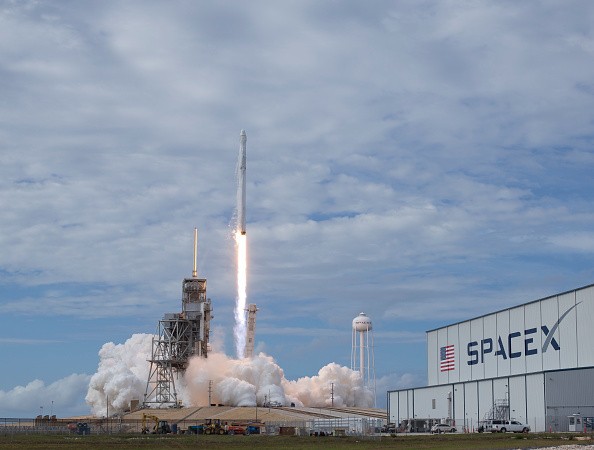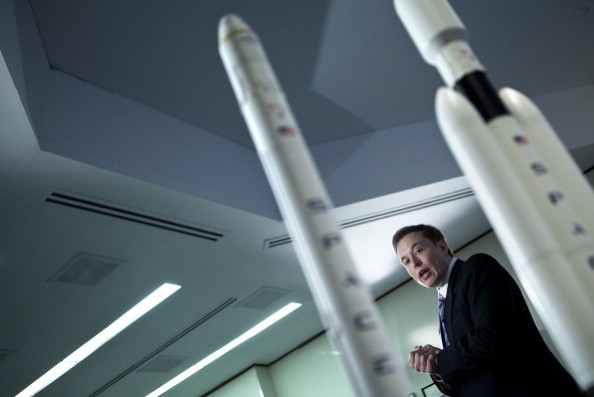SpaceX is still working to finish its complete Starlink satellite constellation. Once the giant independent space agency is done with it, it is expected that the artificial constellation will consist of thousands of Starlink satellites.

Because of this, SpaceX's competitors are now claiming that Elon Musk could start monopolizing space using its thousands of Starlink satellites.
This idea was first announced by Stephane Israel, the CEO of Arianespace. Aside from him, there are also other competitors, including Amazon, who are not happy with the rumored SpaceX monopoly.
It all started when Elon Musk's Starlink constellation project received FCC (Federal Communications Commission), a U.S. regulator. Thanks to the agency's approval, SpaceX can soon provide broadband from space and place thousands of satellites lower than previously announced.
SpaceX to Monopolize Outer Space?
According to Japan Today's latest report, SpaceX previously asked FCC if it can launch around 2,800 Starlink satellites to space.
The space agency also confirmed that once these satellites are in orbit, places with poor connections, especially those isolated areas, will finally have proper internet connectivity.

Also Read : SpaceX Falcon 9 Rocket Releases 60 More Starlink Satellites For its 100th Consecutive Space Flight
Although the goal of Elon Musk could benefit many people across the globe, some of its competitors claimed that since its Starlink satellites will be launched in lower-Earth orbit, these thousands of sats could lead to possible space collisions.
"We want space to remain accessible for human activities... but we refuse a Wild West space. It really is our responsibility to ensure that low orbit (less than 1,000 kilometers above the Earth is sustainable long-term," said Arianespace's CEO.
On the other hand, Israel added that since SpaceX is the first one to do it, the complete Starlink satellite constellation could prevent other space agencies to launch their own satellites, which could lead to space monopoly.
Other Issues Posed by SpaceX's Starlink
Aside from a possible space monopoly, some competitors of Elon Musk also claimed that once the Starlink constellation is complete, the satellites could be unsustainable.
This issue was brought up after competitors claimed having so many satellites in a single orbit could lead to radio interference, as reported by the Daily Mail UK. On the other hand, they added that Starlink's satellites could also be rendered impractical if it continues launching thousands of them in outer space.
Related Article : SpaceX Engineer Pleads Guilty to Conspiracy to Commit Security Fraud for Allegedly Selling Stock Tips on Dark Web
This article is owned by TechTimes
Written by: Griffin Davis
ⓒ 2026 TECHTIMES.com All rights reserved. Do not reproduce without permission.




